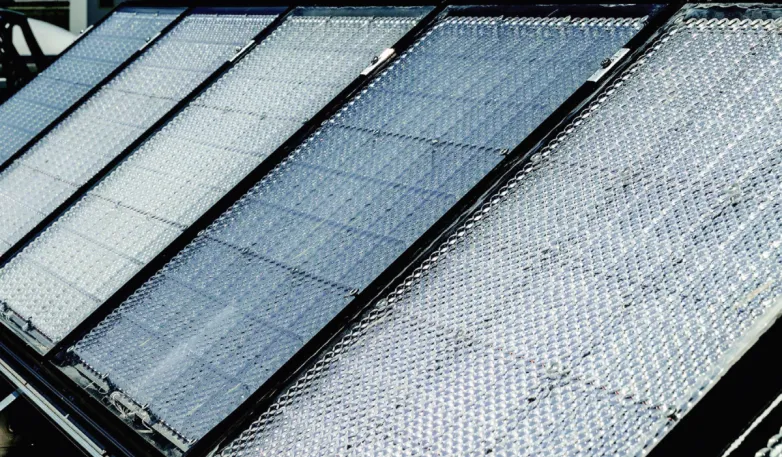Space age solar solution moves toward production
Sep 4, 2019 09:46 PM ET
- A consortium of European research institutes has received €10.6 million in EU funding to establish pilot production of a high efficiency module concept developed by Swiss startup Insolight. The module combines high efficiency multijunction cells with a solar concentrator lens and has previously demonstrated 29% efficiency.

The European Union, under its Horizon 2020 project, has awarded €10.6 million to a consortium of 16 European research institutes and companies coordinated by the Swiss Center for Electronics and Microtechnology (CSEM).
The ‘Hiperion’ consortium will receive backing for a pilot production line for a novel PV technology developed by Insolight, a Swiss startup spun out of the renowned École Polytechnique Fédérale de Lausanne. The four-year project will aim to demonstrate the technology can be produced cost effectively and integrated into crystalline silicon manufacturing operations.
“Our consortium has the expertise needed to bring this promising technology one step closer to mass production by further testing its economic potential and developing an assembly process that can be integrated into existing PV module production lines.” said Christophe Ballif, head of photovoltaics research at the CSEM. “Consortium members include several solar project developers that will assess the technology from the perspective of the rooftop and utility market segments.”
Concentrator cells
Insolight’s PV tech is based on what it describes as “space-grade” solar cells. The startup will not elaborate on the cell structure other than to state it is a multijunction cell mounted on a conventional silicon back plane.
The module is topped with a layer of optical lenses which concentrate sunlight onto the cells, which measure just 1mm². The lens features a “microtracking” process which sees it move horizontally a few millimeters per day to keep the concentrated light beams aligned with the cells.
Insolight’s technology has demonstrated 29% module efficiency and cell efficiencies in the lab have been measured at 36%. The company says its technology can be adopted as a standalone solar module or used as an additional layer on a module, meaning that unlike other concentrated PV concepts, it can perform efficiently in cloudy conditions with little direct sunlight.
Pilot production
The Hiperion group wants to show solar manufacturers how production lines can be adapted to produce modules incorporating Insolight’s technology, and to prove the solution’s reliability in mass production. “In addition to developing a pilot assembly line we will also further demonstrate the performance and reliability of our innovation through qualification tests and several commercial pilot sites across Europe,” said Insolight CEO Laurent Coulot.
By funding the project, the EU wants to carve a niche for European concerns in the future of PV manufacturing.
“Combining this technology with the back-end manufacturing solutions that will be developed under the Hiperion project will give European PV manufacturers an edge over their mainstream competitors, putting them in a position to increase their share of the growing PV market,” read a statement from the CSEM.
Also read

